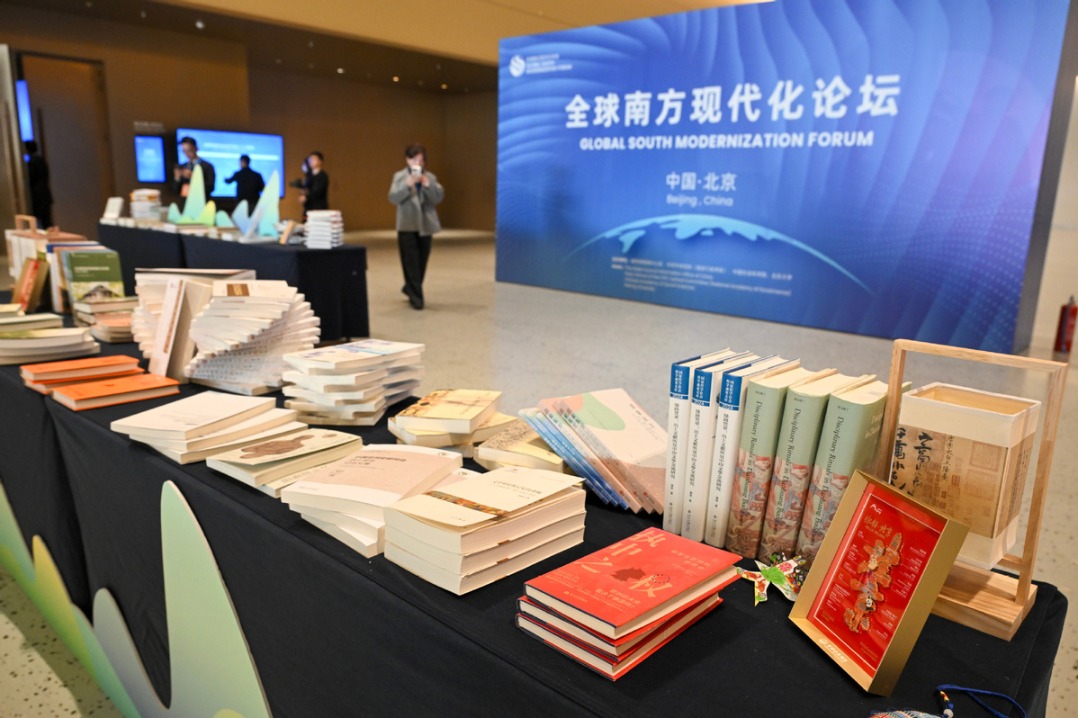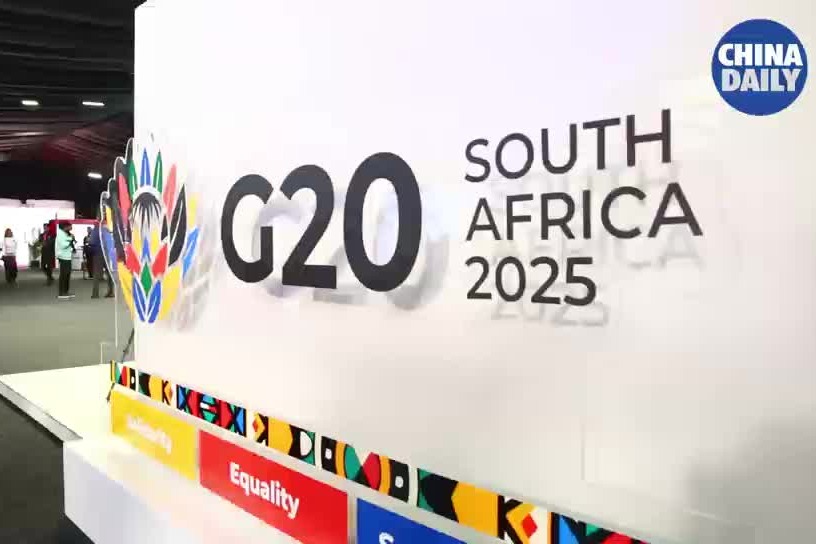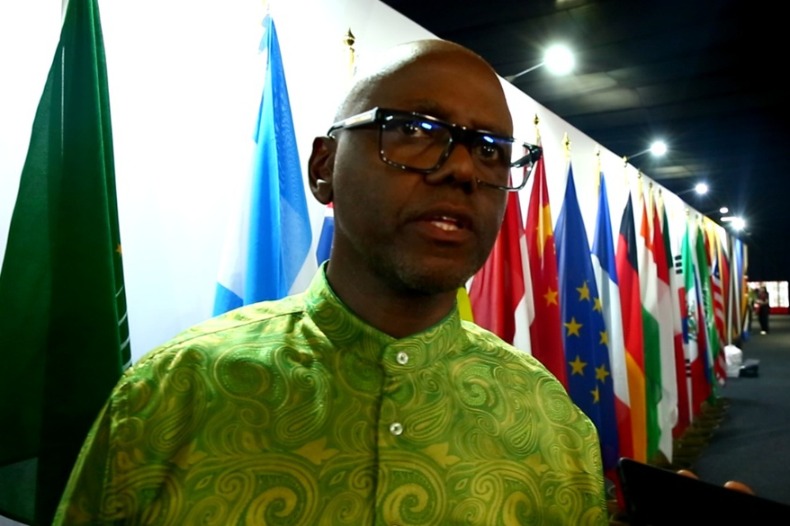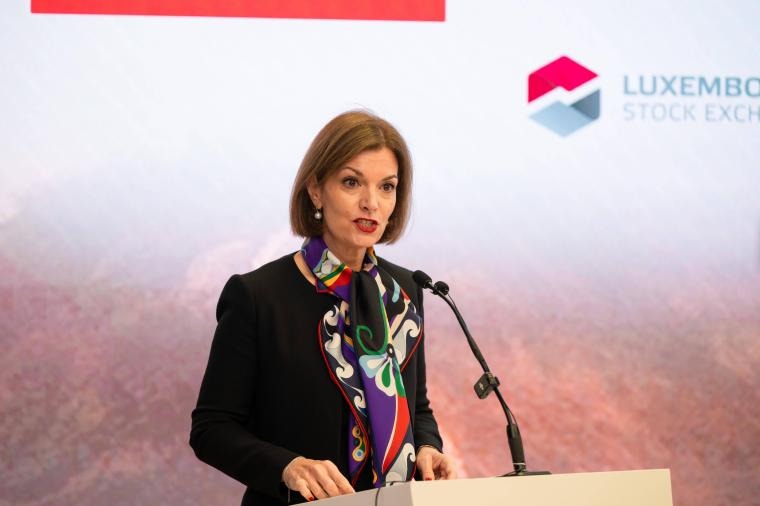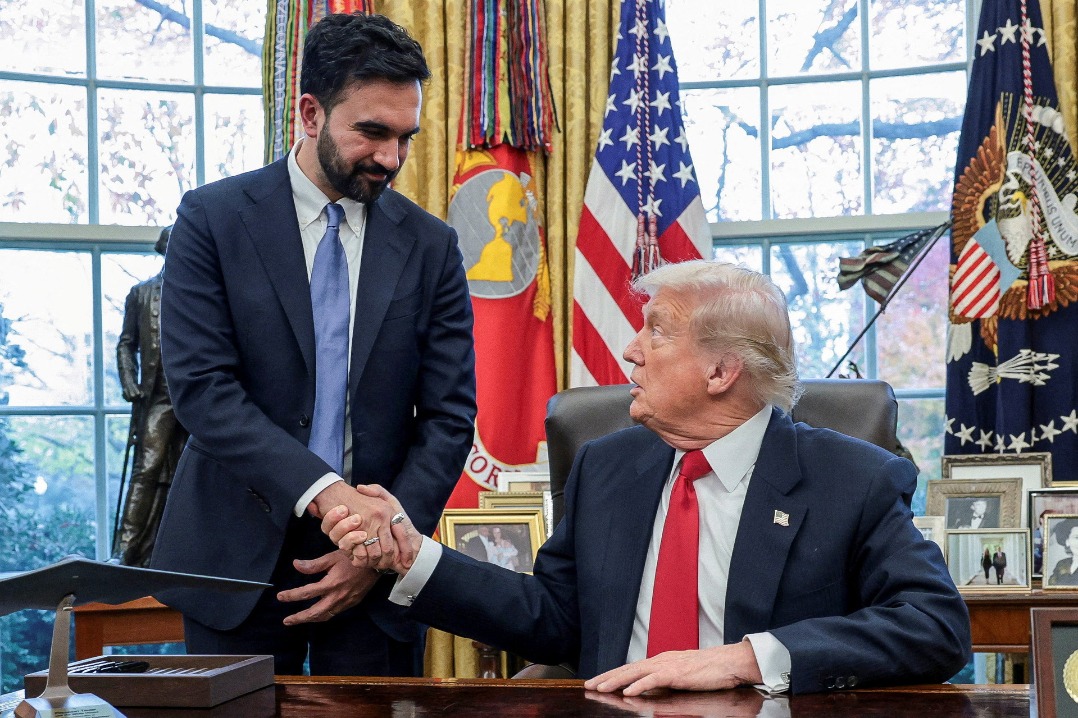China's poverty fight inspires Global South

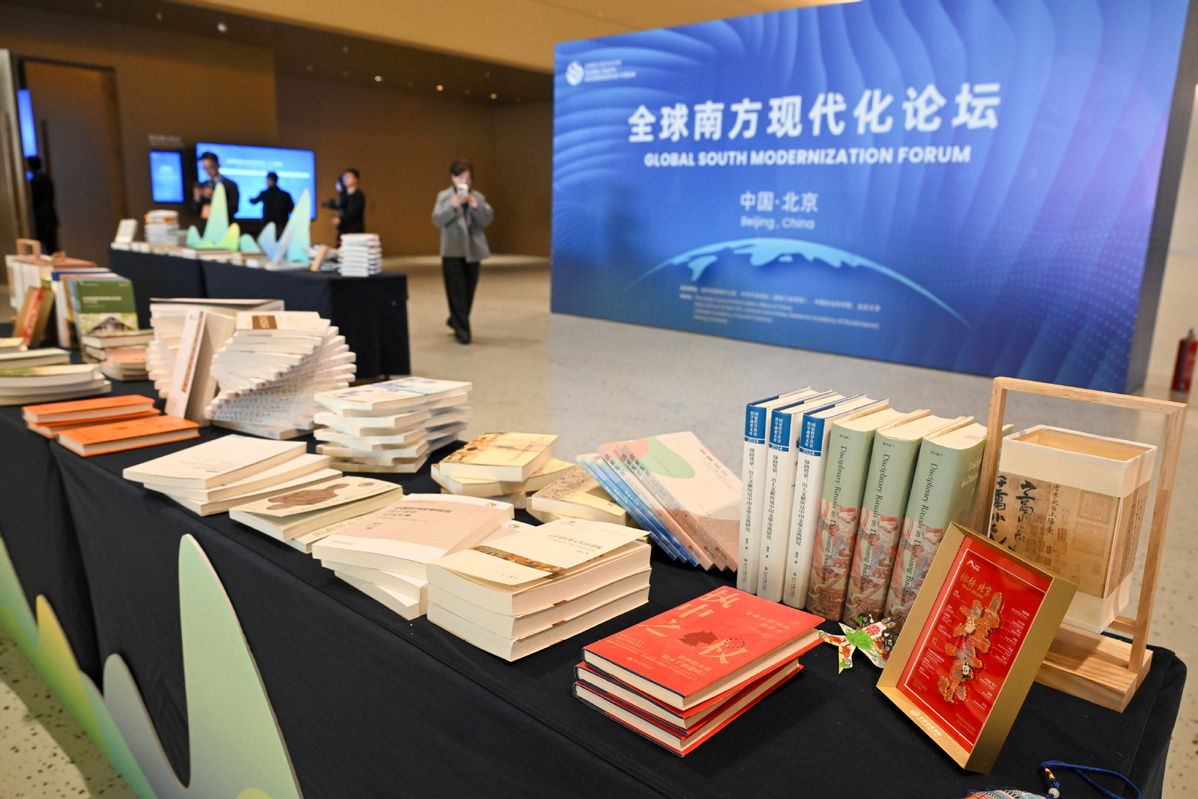
China's success in lifting millions out of poverty provides valuable lessons and a new path for the Global South nations seeking their own modernization, according to experts and officials at a high-level forum in Beijing on Friday.
The forum, themed "China's Fight Against Extreme Poverty and the Global South's Poverty Reduction Initiatives", convened Chinese and international officials, scholars, and representatives from international organizations to discuss the keys to China's achievements in poverty alleviation and their relevance to other developing countries.
Maierdan Mugaiti, vice-minister of agriculture and rural affairs of China, emphasized that the country's poverty reduction policies are people-centered, science-based, and tailored to national conditions, offering learnable and replicable experiences for developing nations seeking to address poverty and rural development issues.
He said China has promoted global poverty reduction cooperation through action, not by exporting models or imposing conditions.
China has mobilized over $23 billion in development funds over the past four years under the Global Development Initiative, supporting more than 1,800 projects to boost development and revitalization in the Global South, he said.
He said that China will strengthen cooperation with the United Nations and other international organizations to help Global South countries pursue modernization suited to their national contexts, focusing on capacity-building, talent development, and agricultural modernization.
Siddharth Chatterjee, United Nations resident coordinator in China, noted that "China's modernization journey offers a valuable insight for the Global South. Over the past four decades, China has lifted 800 million people out of poverty, accounting for more than 70 percent of global poverty reduction."
China's experiences can provide adaptable inspiration for the Global South, he said. Chatterjee also highlighted long-standing UN-China collaboration through mechanisms like the China-UN Peace and Development Fund, which has supported over 100 projects in approximately 50 countries to advance poverty reduction and food security.
Empowering people
Nii Quaye-Kumah, representative of the International Fund for Agricultural Development to China, pointed out that China's success demonstrates that poverty reduction extends beyond raising incomes. It's also "about strengthening rural communities and institutions, empowering people, and revitalizing rural economies so that growth becomes both inclusive and sustainable".
Over the past years, the agency has partnered with China to implement 35 projects with a total investment of about $3.5 billion, he said. These efforts have directly benefited over 4.6 million rural households, with women and youth at the heart of change, he added.
Li Xiaoyun, a professor at the College of Humanities and Development Studies, China Agricultural University, emphasized that China's poverty reduction is not just a "grand narrative" but is rooted in daily practice, noting that sharing China's best and adaptable practices stands at the center of China's efforts to help with poverty alleviation in Global South nations.
He cited a demonstration project on intensive maize planting in Tanzania's Morogoro Region, which has helped local farmers increase per-hectare yields two- to three-fold by shifting from extensive cultivation to more labor-intensive practices. After nearly a decade of implementation, the technique has been widely adopted and disseminated, according to Li.
Lin Hui, assistant research fellow at the China National Engineering Research Center of Juncao Technology, Fujian Agriculture and Forestry University, shared the success stories of China's Juncao technology in contributing to global poverty alleviation.
Juncao, a hybrid grass, is mainly used as a substrate for growing edible and medicinal mushrooms, livestock feed, and aids in ecological restoration. Lin said the low-investment nature of the Juncao technology makes it suitable for addressing issues such as poverty, food security, and sustainable development.
So far, the low-cost, adaptable technology has been introduced in 109 countries. Since bringing Juncao technology to Rwanda in 2006, more than 35,000 households have benefited, with many becoming successful entrepreneurs, Lin noted.
The event was held as a parallel forum of the Global South Modernization Forum in Beijing. It was hosted by the Ministry of Agriculture and Rural Affairs of China and organized by the International Poverty Reduction Center in China.
yangran1@chinadaily.com.cn
















